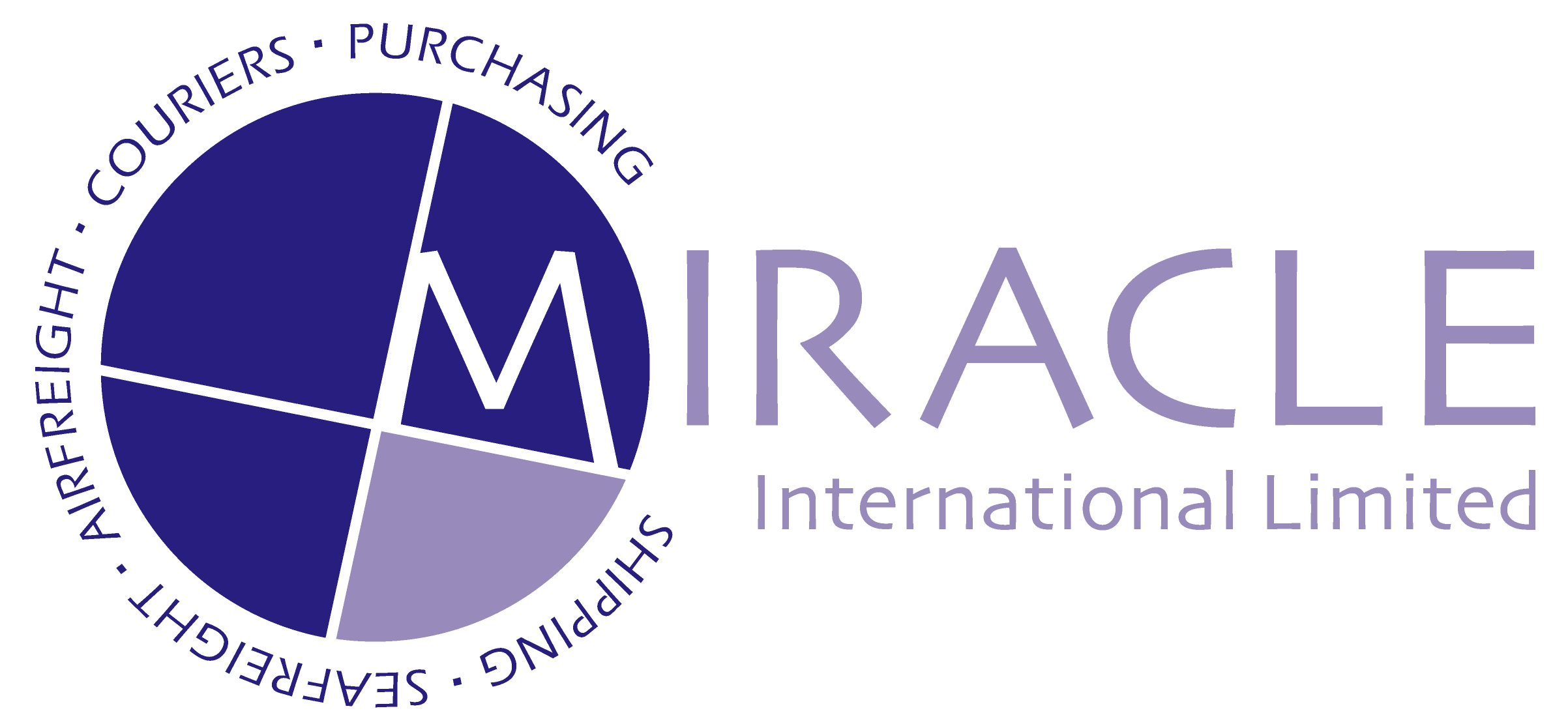
12 Nov Do You Need to Be Registered as a Business Entity to Import?
Do You Need to Be Registered as a Business Entity to Import?
If you’re thinking about importing goods into the UK, one of the first questions you may have is whether you need to be registered as a business entity to do so. While the process of importing can seem daunting, the short answer is: No, you do not need to be a registered business to import goods. However, the full picture is a bit more nuanced, and whether you need to register a business entity depends on several factors, such as the volume of your imports, the nature of the goods, and your long-term business goals.
Confused? Contact us today by emailing ops@miracle-international.co.uk or call us on 01753 571900
In this article, we’ll walk you through the requirements and considerations for importing goods as an individual versus a business, and what steps you might need to take in either case.
Importing as an Individual
In the UK, it is possible for individuals (non-business owners) to import goods for personal use without the need to register as a business entity. However, there are some key points you should be aware of:
1. Personal Use Imports:
If you’re importing goods for personal use (i.e., items you intend to keep for yourself and not sell), you generally won’t need to set up a business. For example, purchasing personal electronics or clothing from abroad can fall into this category. However, even if you are not registered as a business, you will still need to comply with customs regulations, including paying any applicable duties and taxes.
2. Customs Duties and Taxes:
Even if you are importing as an individual, Customs Duty and VAT may still apply, depending on the value of the goods and the type of products you’re importing. You will be responsible for paying these charges, and they will be collected by HMRC (Her Majesty’s Revenue and Customs) before your goods can be delivered to you.
- For goods valued over £135, VAT is usually applied, typically at a rate of 20%.
- Customs Duty might also apply depending on the classification of the goods. The duty is calculated based on the customs value (i.e., the value of the goods plus shipping and insurance).
3. Import Limits:
There are limits to how much you can import for personal use without facing additional paperwork or restrictions. If you exceed these limits or frequently import items, customs may begin to treat your activities as commercial, even if you are not selling the items.
4. HMRC Registration for High-Value Imports:
If you plan on regularly importing goods that are for resale (even if it’s a small-scale operation), you may be required to register with HMRC for Import VAT or even set up as a VAT-registered business. This is typically required when your import activity becomes more frequent or substantial.
Importing as a Business
If you plan to import goods with the intention of reselling them or using them for your business operations, you will need to be registered as a business entity. This is important for several reasons:
1. Setting Up a Business:
Before you can begin importing goods for commercial purposes, you will need to establish your business. This typically involves:
- Registering your business with HMRC (for tax purposes).
- Choosing a business structure (such as a sole trader, partnership, or limited company).
- Applying for a VAT number if your taxable turnover exceeds the VAT threshold (currently £85,000 per year).
Depending on the nature of your business and the goods you’re importing, you may also need specific licenses or permits (for example, if you’re importing controlled goods like food, alcohol, or chemicals).
2. Customs Duty and VAT:
If you’re importing for resale or business use, you’ll be responsible for customs duties and VAT, but the good news is that as a VAT-registered business, you can usually reclaim VAT paid on imports. This is a key benefit that can significantly reduce the cost of importing for businesses.
Additionally, business imports typically involve higher volumes, so customs will require you to complete customs declarations (either yourself or through a customs broker), which ensures the correct amount of duties and taxes are applied.
3. EORI Number:
To import goods into the UK for business purposes, you will need an EORI number (Economic Operators Registration and Identification number). This is a unique identification number required by customs to clear goods at UK borders. Without an EORI number, you won’t be able to import goods from non-EU countries into the UK.
4. Compliance and Record-Keeping:
As a business, you will need to ensure compliance with UK import laws and maintain detailed records of all imports. This includes keeping invoices, proof of payment for duties and taxes, and records of shipments. These records are necessary for HMRC audits and for reporting your VAT returns.
5. Shipping and Logistics:
As a business, you may also be responsible for coordinating the logistics of importing, such as hiring a freight forwarder or customs broker to help manage your shipments and handle the import documentation.
Do You Need to Be a Registered Business to Import for Resale?
If you are thinking about importing goods for resale, then yes, you’ll need to set up a formal business structure. Even if you only plan to import small quantities for resale (e.g., running an online shop or starting a small business), you will be expected to comply with all necessary business registration requirements, including registering with HMRC and obtaining the appropriate licenses or permits for your specific products.
If you’re unsure about the requirements or the best way to set up your business, it’s a good idea to consult with a business advisor or accountant to ensure that you’re following the correct procedures.
Alternatively, contact us today or get a free quote to help with your importing needs.
When is a Business Registration Not Required?
There are some exceptions where you might not need to be formally registered as a business entity to import:
- Occasional Importing for Personal Use: If you’re importing goods occasionally, for personal use, and not for resale, you don’t need to be a registered business.
- Importing for a Hobby or Small-Scale Activity: If you’re importing small quantities of goods (e.g., collectibles, small shipments for personal projects), a business registration may not be necessary. However, customs rules regarding value and duty thresholds still apply.
Conclusion
While you don’t need to be a registered business to import goods for personal use, registering a business is a must if you plan to import for commercial purposes, such as reselling goods. Registering your business with HMRC, obtaining an EORI number, and understanding your VAT obligations will ensure that your import activities are compliant with UK law and that you can take advantage of any tax benefits available to businesses.
If you’re starting a business and intend to import regularly, taking the time to properly register and understand the process will help you avoid delays, fines, and costly mistakes. And if you’re just importing for personal use, be sure to understand the customs duties and VAT applicable to your items to avoid any surprises.
